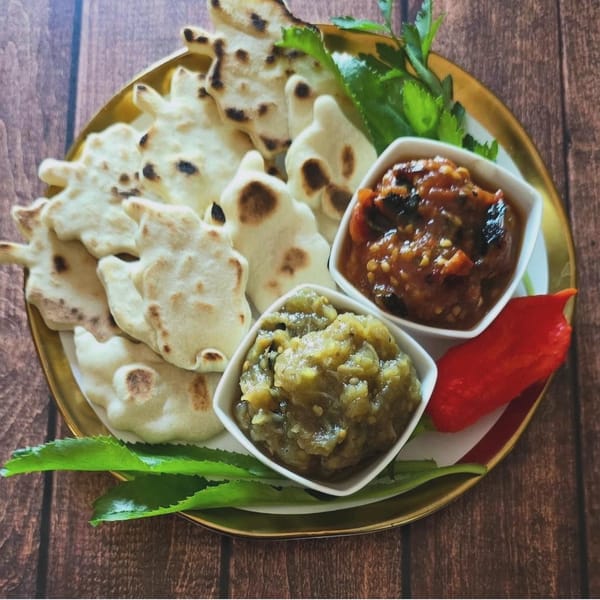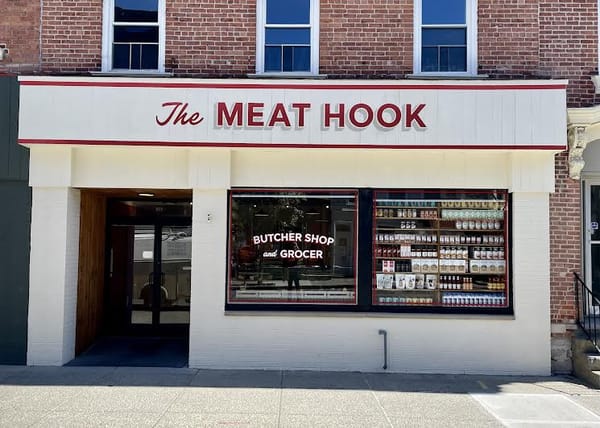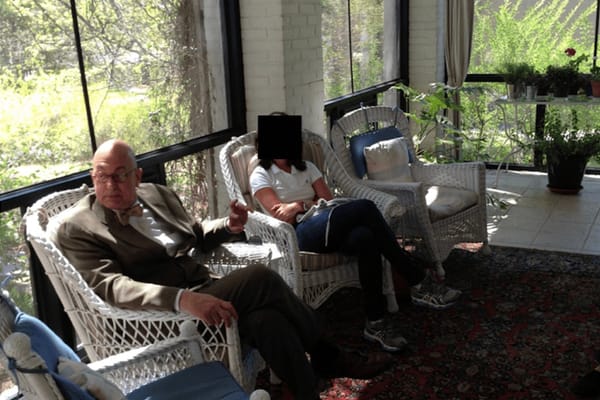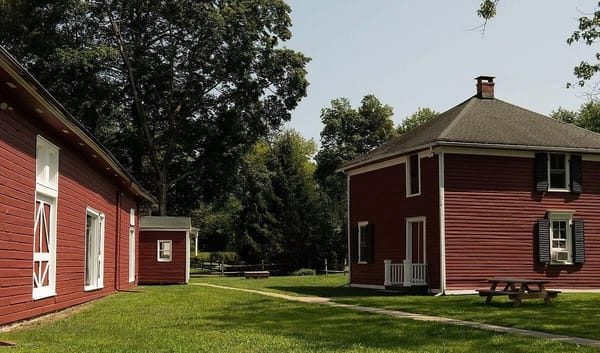By Nichole Dupont
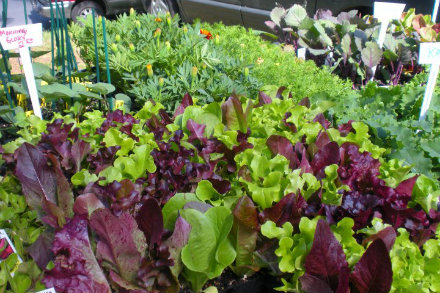
Maryann Tebben may have just landed her dream job, and she didn’t even have to leave her office. Throughout the last 14 years, Bard College at Simon's Rock's French studies professor has incorporated all of the elements she loves most – food, culture, history – into what will become the college’s next major offering. The Center for Food Studies, which has been slowly building thanks to strong student, faculty and community input, is an intellectual feast that incorporates classes in all disciplines, from French literature to agriculture to biology.

Maryann Tebben. Photo by John Dolan.
“It is prime time for food in the Berkshires and for the culture as a whole," Tebben says. “I’ve noticed just in the last few years here at the college that we have much savvier students in terms of eaters and academics. Many are doing internships on local farms or related to food, we have several alums who own farms in California and Vermont. They are literally hungry for this kind of knowledge." The program will host its first (hopefully of many) major community event on Saturday, April 19 at the college’s Kellogg Music Center. The daylong Thinkfood conference, co-sponsored by The Nutrition Center, brings together three major components of the food world: media, academia and food services. An impressive array of panelists and moderators from across the gastronomic spectrum – Dan Shaw, Matt Rubiner, Serge Madikians, Lisa Damon, Andy Cox – will converge to share their thoughts about the challenges and potential of the region’s (and the country’s) current love affair with all things palatable. The conference will also provide an opportunity to fill in some gaps in a dialogue which has been, over the last decade, largely focused on sustainability and food sourcing. Peter Stanton is the founder and director of The Nutrition Center which provides one-on-one nutrition counseling and cooking education and outreach throughout Berkshire County (including to dozens of public schools and community centers). He would like to see the conversation about food and agriculture (especially policy around both) expand to reach beyond niche truffle farmers and trendy locavore movements.
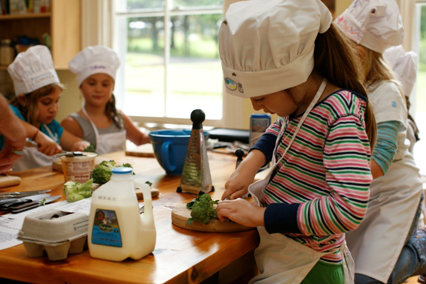
Future chefs of Berkshire County. Photo by Lisa Vollmer.
“It makes sense for an academic setting to be paying attention to these other elements of food culture, especially the media and food services," Stanton says. “I see journalism, writing and communications as a way to bring this to people who wouldn’t otherwise see what’s going on with food, and a way to drive the awareness forward. These stories, about the everyday farmer for instance, are real and they have an effect on everyone all the way down the chain." If ever there was a place where every link on the chain was present, this region is the perfect testing ground for exploring all pieces of the food puzzle, from small-time vegetable growers to master butchers to big-time distributors. Even the ‘lunch lady’ (especially the ‘lunch lady!) has a place at the table, and not just because Jamie Oliver said so. “Food services is really interesting because here we have people talking about food and advocating quietly for better quality but then struggling with how that gets played out in the cafeterias," Stanton says. “It’s a huge challenge, but there’s potential with a studies stream like this to talk about where we want to be and how we want to get there and how far we have to go. The desire is there. Change is happening."
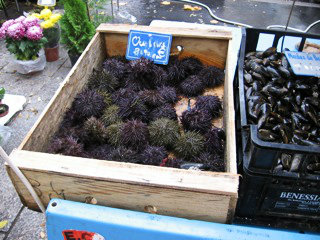
Sea urchins are the new "it" harvest of the sea. Photo: Janet Okoben.
Thinkfood and the new Food Studies stream is a testament to that change and Tebben knows that she is sitting on a veritable gold mine when it comes to being able to develop the program and provide Simon’s Rock students with hands-on, community based experiences as well as rigorous academic exploration into the world of what we eat. One of the major challenges is timing: students leave on summer break just as the growing season kicks into high gear. But given the almost overwhelming level of interest in the new program, the campus – and the surrounding towns -- may very soon be crawling with young farmers/interns/ecologists/ceramicists and their equally dedicated community mentors. “I’ve already started encouraging the faculty to start dreaming up more courses that incorporate food studies in some way. We are finding new internships every day and this is slowly becoming a clearinghouse for all things related to food," Tebben says. “This generation is learning to feed themselves better. That’s where it begins."


